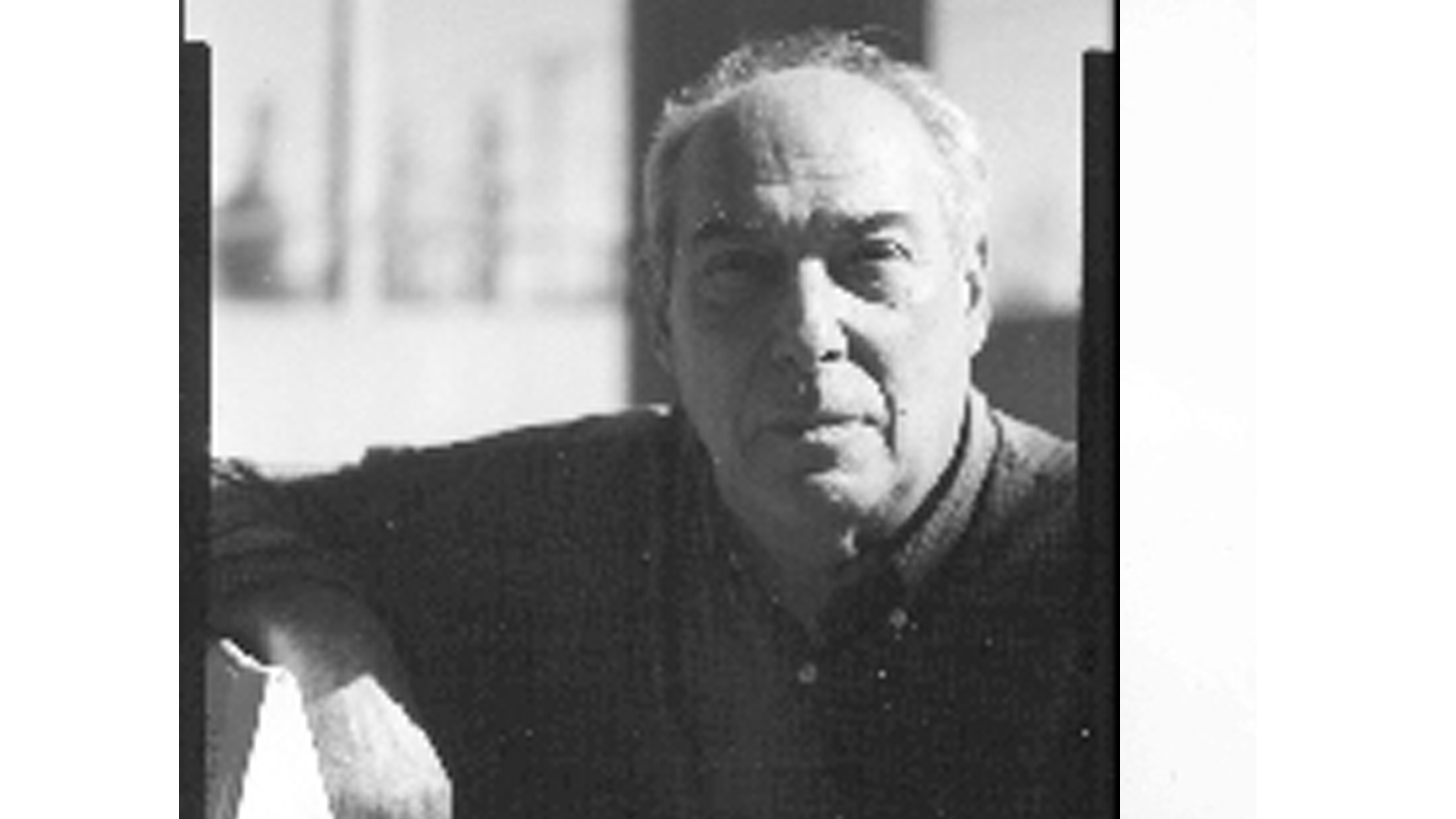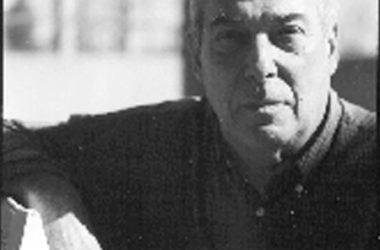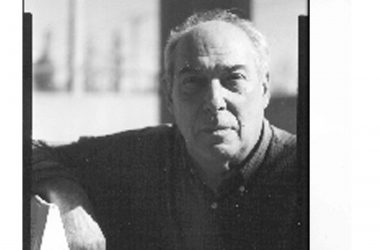By Noel Ignatiev
For some time it has been clear that U.S. attempts to isolate Cuba diplomatically and blockade it economically were not in the interests of U.S. capital. President Obama, a representative of the most conscious and farseeing members of his class, has taken steps toward reversing the policy, against the opposition of a powerful lobby. President Clinton sought to reverse the policy in 1999. At that time baseball commissioner Bud Selig watched a ballgame in Cuba with Fidel Castro (the updated version of the “ping-pong diplomacy” that preceded Nixon’s 1970 recognition of the People’s Republic of China). Clinton thought he was in a position to do so after the controversy over the return of Elian Gonzales to his father, when for the first time the Cuba lobby – what one of my students, herself a Florida Cuban, referred to as “those fucking rightwing Florida Cubans” – found itself at odds with the majority of the American people, but his own weakness after the Monica affair stopped him. Now Obama has decided the time is ripe (although the Cuba lobby may block further steps in Congress).
That is the way the U.S. political system works. It is fashionable among U.S. radicals to speak of a “ruling class,” and of course in a society in which the capitalist mode of production prevails the owners of capital make up the ruling class. But the term should not be taken literally. There is no mechanism through which the tens (hundreds!) of thousands of owners of capital come together to work out a single, unified policy for themselves, let alone for society as a whole. The capitalist system is not a capitalist plot, nor do the Illuminati, the Jews, the Bilderbergers, the Trilateral Commission or any other secret or semi-secret, real or imagined conspiratorial group determine policy, although one or another of these, to the extent it exists, may seek to influence and may even succeed in influencing policy at one or another moment. Issues are fought out mostly in the light of day, and advocates of various points of view strive to win public support, which plays a part in determining the outcome. (Not the whole part: in 2008, when Congress was rushing through the bailout package for banks and insurance companies, one Congressman said, “We had better pass this quick; my mail is running ten-to-one against it.”)
Some issues that are most contentious to the general public are of no consequence to capital. For example, while individual employers may hold strong views, and use their wealth to promote their views, legalizing abortion, allowing people to marry others who have the same body parts as theirs (the main beneficiaries of which will be divorce lawyers), and teaching evolution in public schools (which are not teaching anything anyhow) have no effect on the ability of capital to extract surplus value from unpaid labor. The same is true for gun control. I am open to argument, but it seems to me that the couple of firearms I use for hunting will be of little use should the state descend on my home and haul me off to a detention center, and (although militia-types may disagree with me) neither will their assault rifles and grenade launchers.
Though these issues are of no direct interest to capital as such, they play a role in forging a political majority. (In the past marginal issues have been important in shaping political alignments, for example, the antimasonic, know-nothing and temperance movements.) Right now the Republican Party is the home of the gun-nuts, anti-abortionists, anti-Darwinians and opponents of same-sex marriage, but that could change.
President Obama’s opening to Cuba should put to rest the theory held by some “anti-imperialists” that the embargo represented capitalist interests, as well as the theory that the “fucking rightwing Florida Cubans” were running the country. The same with Israel. Those who suggest that U.S. Middle East policy is decisively influenced by Jews open themselves to the accusation of antisemitism. To counter that accusation, some have strained to demonstrate that the U.S. policy of total, unconditional and one-sided support of Israel serves the interests of U.S. imperialism. Others, rejecting that mistaken idea, describe the U.S. as a Zionist colony in which the Israel Lobby constitutes a distinct interest comparable to the slaveholders before the Civil War – notwithstanding that Jews are not based in a mode of production and that therefore their attachment to Israel, however fervent, is merely sentimental.
The Netanyahu government must be feeling the heat, wondering if it is in line to be dumped. Last summer’s massive attack on Gaza cost Israel a lot of support, in Europe and even in the U.S. However cynical, Hamas’s provocation worked, although its full effects are yet to be felt. The Israel Lobby is a lot stronger than the Florida Cubans, and will be harder to bring to heel. But the handwriting is on the wall.
Of course, just as the diplomatic opening to Cuba does not mean the end of U.S. exploitation of the Caribbean, forcing the Israeli government to come to terms with the Palestinians will not mean the liberation of Palestine – which can only be accomplished by abolishing the Jewish state, allowing the refugees to return, and establishing a single democratic state for all the people of the area.
What of Ferguson and, more generally, the struggle against the police?
Capital is race-blind; the capitalist mode of production (cmp) tends to reduce all human beings to abstract, undifferentiated, homogenous labor power. However, the pure cmp exists nowhere; all existing societies, including those in which the cmp prevails, contain elements left over from the past as well as elements that are the product of the political intervention of various groups.
Racial oppression is not universal to capital. Four places developed historically on the basis of racial oppression: the U.S., South Africa, Ireland, and Palestine.
By racial oppression I do not mean the ethnic or religious bias that exists widely, or inequalities among census groups (defined by color or any other feature), but a system of oppression that incorporates by definition portions of a subordinate class in the subjection of other members of that class, thereby constituting them as a race. The hallmark of racial oppression, as Ted Allen taught, is the reduction of every member of the subject group to a status beneath that of any member of the dominant group: Huck Finn’s Pap could push W.E.B. DuBois off the sidewalk. In addition to what it meant for the masses, it confined black entrepreneurs and professionals to a segregated market.
The system of racial oppression did not arise out of a bourgeois plot but out of specific historic circumstances; once it developed it became part of the U.S. social formation. Only value production is essential to capital; racial oppression is contingent, although under some circumstances it may become so vital to bourgeois hegemony that its fall would decisively weaken the entire system. (That was the underlying assumption of STO, which argued the centrality of the fight against white supremacy on strategic grounds.)
The attachment of the capitalist class and of individual capitalists to racial oppression is subject to modification based on various considerations, most of all, what is necessary to maintain political stability. Beginning in the 1950s (and perhaps earlier), important sectors of the capitalist class came to the conclusion that racial oppression as defined above was costing more than it was worth. They were pushed to this view in part by the Cold War, in part by changes in production (the mechanization of agriculture) and in part by the struggle of black Americans and their allies. And so they moved to bring about change.
The Supreme Court decision calling for desegregation of public schools (followed by other decisions desegregating public facilities) was not mere talk. Nor were the Civil Rights and Voting Right Acts, the striking down of provisions that excluded black people from juries, the Labor Department’s forcing the construction unions to open their doors to black workers, regulations outlawing “steering” by real-estate agents, affirmative-action policies in education, the Justice Department’s order that police keep records by race of those they stop, the multimillion-dollar fines against oil company executives caught on tape practicing explicit race discrimination. Eric Holder’s visit to Missouri, aimed at dragging Ferguson into the twenty-first century, was not mere talk. By the way, Holder is a prime example of what I mean: a vigorous defender of corporate interests, including the right to assassinate U.S. citizens without due process, he is an opponent of race discrimination.
None of these measures represented the sort of intervention that revolutionaries would make. They did not address, except marginally, the effects of the past. They were all subject to reversal. Most important, none of them threatened the capital relation; at most they constituted political, not human, emancipation. (See Marx, On the Jewish Question.) But they were not trivial, nor were they mere demagogy.
The most class-conscious, farsighted sectors of the ruling class have adopted the policy of neoliberalism, which aims at removing all barriers, including race, to the free flow of capital. It does not follow that they prevail in every situation (any more than FDR’s policy of benevolent neutrality toward labor unions prevented Chicago police from massacring Republic Steel strikers in 1937). As Engels pointed out, “[T]he final result always arises from conflicts between many individual wills, of which each in turn has been made what it is by a host of particular conditions of life. Thus there are innumerable intersecting forces, an infinite series of parallelograms of forces which give rise to one resultant — the historical event. This may again itself be viewed as the product of a power which works as a whole unconsciously and without volition” (Letter to Bloch, 21 September 1890).
In Ferguson, the smart thing – and clearly what the Obama Administration wanted – would have been for the grand jury to return some kind of an indictment that made the protestors feel that justice had been served. Holder was up against the opposition of police unions local and national, an entrenched town bureaucracy, white bigotry, inertia, etc. The midterm elections may well have emboldened those forces to resist the pressure from Washington.
Various actions and statements from the Obama administration and leading political figures plus New York Times coverage and editorials since the Ferguson and Staten Island grand juries returned their reports support my argument about what leading circles want. How long it will take them to get it – indeed whether they get it at all – cannot be predicted with certainty. (It was years between the 1954 Supreme Court decision and the changes of the Civil Rights era.) White supremacy is more deeply embedded in U.S. society than Zionism or blockading Cuba, and will take a lot more to modify.
Lastly, while the Obama Administration and its allies may wish to do away with the overtly white-supremacist character of law enforcement, any hope of ending police violence without revolution is an illusion. Violence is the essence of the police, and there can be no police without violence.
(Part of this post appeared in slightly different form on Insurgent Notes and Unity and Struggle.)



